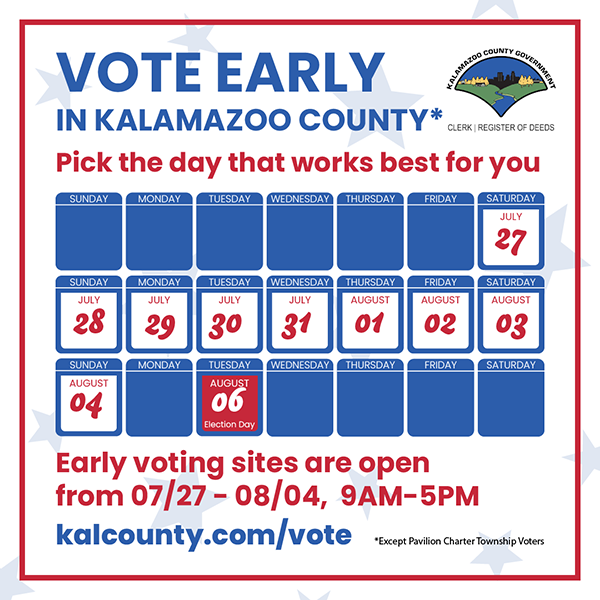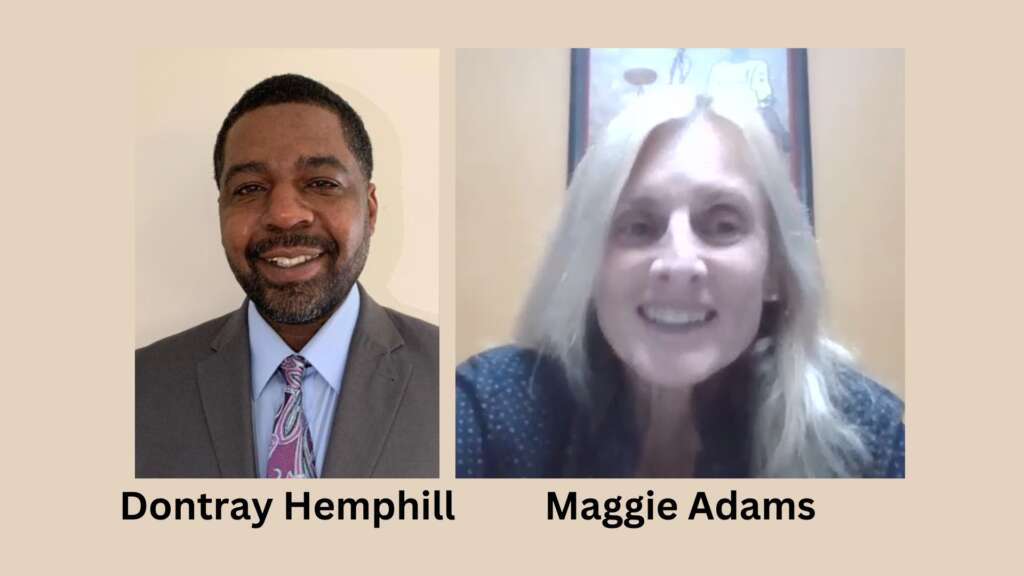MARK WEDEL
Over the next five years, the W.K. Kellogg Foundation will be sending $24 million in grant money across the United States — $4.2 million of that to Michigan communities — hoping to make progress on the problem of racism that’s been at the country’s core since inception.
The foundation’s Truth, Racial Healing and Transformation effort was inspired by Canada’s and South Africa’s truth and reconciliation commissions. “It seeks to unearth and jettison the deeply held, and often unconscious, beliefs created by racism — the main one being the belief in a hierarchy of human value,” the WKKF site states.
In the United Sates, “this really is unique, the first time that such a systematic national approach has been addressed,” Debbie McKeon says. McKeon, Senior Vice President, Member Services of the Council of Michigan Foundations, is heading the team responsible for Michigan’s share of the grant.
“I think this is a very significant investment in the beginning of that very important work for us in the U.S.”
The grant money — going to Kalamazoo, Battle Creek, Flint, and Lansing in Michigan, and ten other regions scattered from Alaska to Alabama — is being filtered down to community groups large and small, grassroots, and governmental.
The Kalamazoo Community Foundation will receive $865,000, a portion including a challenge grant to develop an endowment fund at the KZCF. It will be working with 18 partners including groups working for social justice such as ERACCE and ISAAC, larger nonprofits such as the United Way and YMCA, and the City of Kalamazoo, and Kalamazoo Department of Public Safety.
Many diverse voices are being brought to the table, McKeon says. “That approach is unique in that it’s inviting all of the facets of our society to come together to work on this from different perspectives.”
Is Kalamazoo ready for Truth, Racial Healing and Transformation (TRHT)?
Sholanna Lewis, Community Investment Manager of the KZCF, says that “the money will be used partially to establish an endowment fund here at the Kalamazoo Community Foundation, that will hopefully fund the work in perpetuity. And in current programming will continue to lift up the great work that’s already happening.”
A major goal is to help KZCF partner organizations, “create a platform for current and new work that can emerge through relationship-building and the thinking about transforming our community.”
Kalamazoo has a lot of transformative work already happening, however there is more work to be done to see real progress, Lewis acknowledges: Neighborhoods like the Northside and Edison have long been examples of ingrained segregation by race and income, with a real lack of resources and support as well as stigma from people who aren’t familiar with the neighborhoods. Across the country, matters of employment, education and policing effect different populations very differently.
“All those issues are very present in Kalamazoo,” she says. Here and around the nation, “some conditions in our community are actually worse than other places around the country, and I don’t think everybody is aware of that.”
Lewis adds, “That’s where the ‘truth’ part comes in.”
Is Kalamazoo ready to face the truth, and to get together to work things out?
“I think it really is,” Lewis says. “We have a lot of energy for this type of work. (Kalamazoo has) a lot of agencies that really do care about community wellbeing, that really do value each other. I think that what needs to happen is to make a place for folks who have that type of energy to come together and really explore what it looks like to be different.”
Individual agencies are working toward many of the same goals, but it’s the TRHT’s goal “to get them to work with each other, and to share each other’s perspectives, to bring “a vast array of folks together,” Lewis says.
“I think a lot of people have great intentions here, but without a concrete understanding of what the historical issues are, where the relationships could use developing — if you don’t know that, you don’t know.”
People with good intentions have not done enough communicating and coordinating between themselves, she says, “within the nonprofit community, but also within traditional institutions and individuals.”
In Kalamazoo, “a lot of people do value equity, do value community.” The TRHT gives the opportunity for all to say, “here are the issues that you may not be aware of.”
“A lot of those entities, large and small, are already speaking this way. That’s what really gives Kalamazoo the advantage — KDPS, the city, they already have begun in the last several years to think about racial equity, think about healing, and so we’re really positioned to help bring all those folks together.”
Thanks to Truth, Racial Healing and Transformation, Lewis says, individual groups will be able to work together, “in a way that hasn’t been available before.”
“Very personal” for individual communities
At the Council of Michigan Foundations, McKeon says, “Of course people have been working to overcome the issues around TRHT for decades, but the W.K. Kellogg Foundation very thoughtfully and intentionally researched and developed this framework, a systematic approach.”
Part of that approach is to allow agencies in TRHT communities to do work in the context of, and tailored to, those communities.
The WKKF isn’t setting out to dictate how communities will eliminate racism. “There’s not one approach, and that’s what I value so much about the Kellogg Foundation’s approach to this work,” McKeon says. Local agencies are to “really contextualize it for these communities. So you’re really understanding that this is very personal.”
The WKKF site shows examples from Minnesota’s Twin Cities area, Chicago and Buffalo, NY. The Falcon Heights police shooting of Philando Castile revealing deep racism in the Twin Cities, Chicago’s tradition of community organizing and “people power,” and the need for elimination of institutional racism in Buffalo, show the different communities’ focuses on Truth, Racial Healing and Transformation.
In Kalamazoo, Lewis is planning for partners to form “a sort of task force that would choose strategies that make sense to us. Once we’ve done some work interpersonally and developed some relationships, we will be poised to address some of those specific issues within the framework. And it will be driven by the community.”
She adds, “What’s great about this is that it’s open-ended enough that people will be able to find what matters most to us — and when I say ‘to us,'” she says she means the many perspectives of Kalamazoo.
“We can’t get there until we build those relationships, build trust, and establish some common ground where we can start from.”
Mark Wedel has been a freelance journalist working out of southwest Michigan since 1992. For more information, see his website.
This article is part of Michigan Nightlight, a series of stories about the programs and people that positively impact the lives of Michigan kids. It is made possible with funding from the W.K. Kellogg Foundation. Read more in the series, here.
– from Dr. Charlae Davis, ISAAC Executive Director
 ISAAC
ISAAC






 Ed Genesis is an artist, poet, musician, organizer, entrepreneur, and community leader. Born and raised in Gary, Indiana and moved to Kalamazoo, Michigan permanently in his early 20’s, his love of art/music, his passion for his people and community, and his gift of creativity are evident in all areas of his work. In October 2018 Ed Genesis released a song to accompany the campaign he was working on around school push out, entitled Junior High, which was distributed nationwide including on his own iHeart radio station, Spotify, and iTunes.
Ed Genesis is an artist, poet, musician, organizer, entrepreneur, and community leader. Born and raised in Gary, Indiana and moved to Kalamazoo, Michigan permanently in his early 20’s, his love of art/music, his passion for his people and community, and his gift of creativity are evident in all areas of his work. In October 2018 Ed Genesis released a song to accompany the campaign he was working on around school push out, entitled Junior High, which was distributed nationwide including on his own iHeart radio station, Spotify, and iTunes.